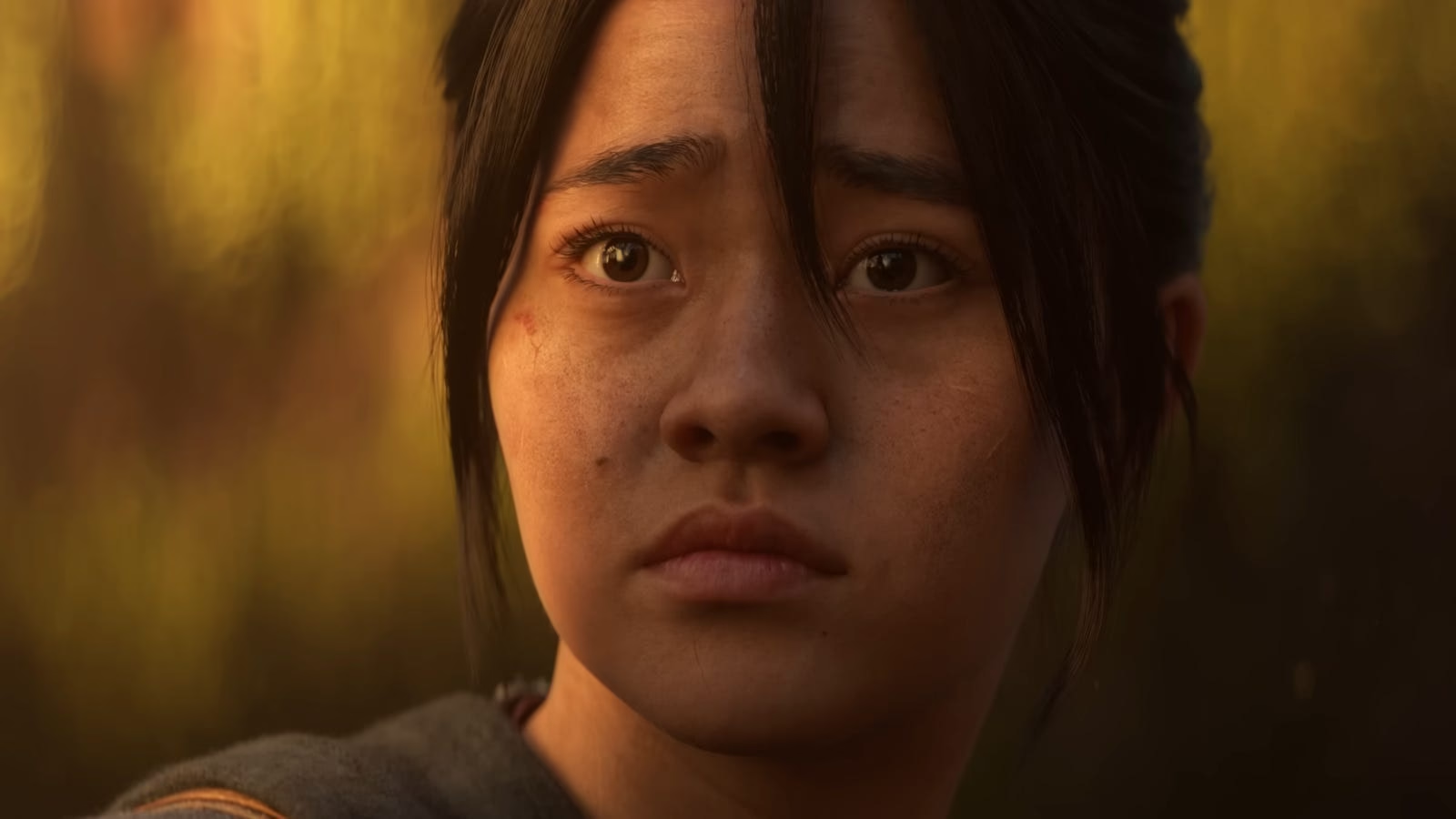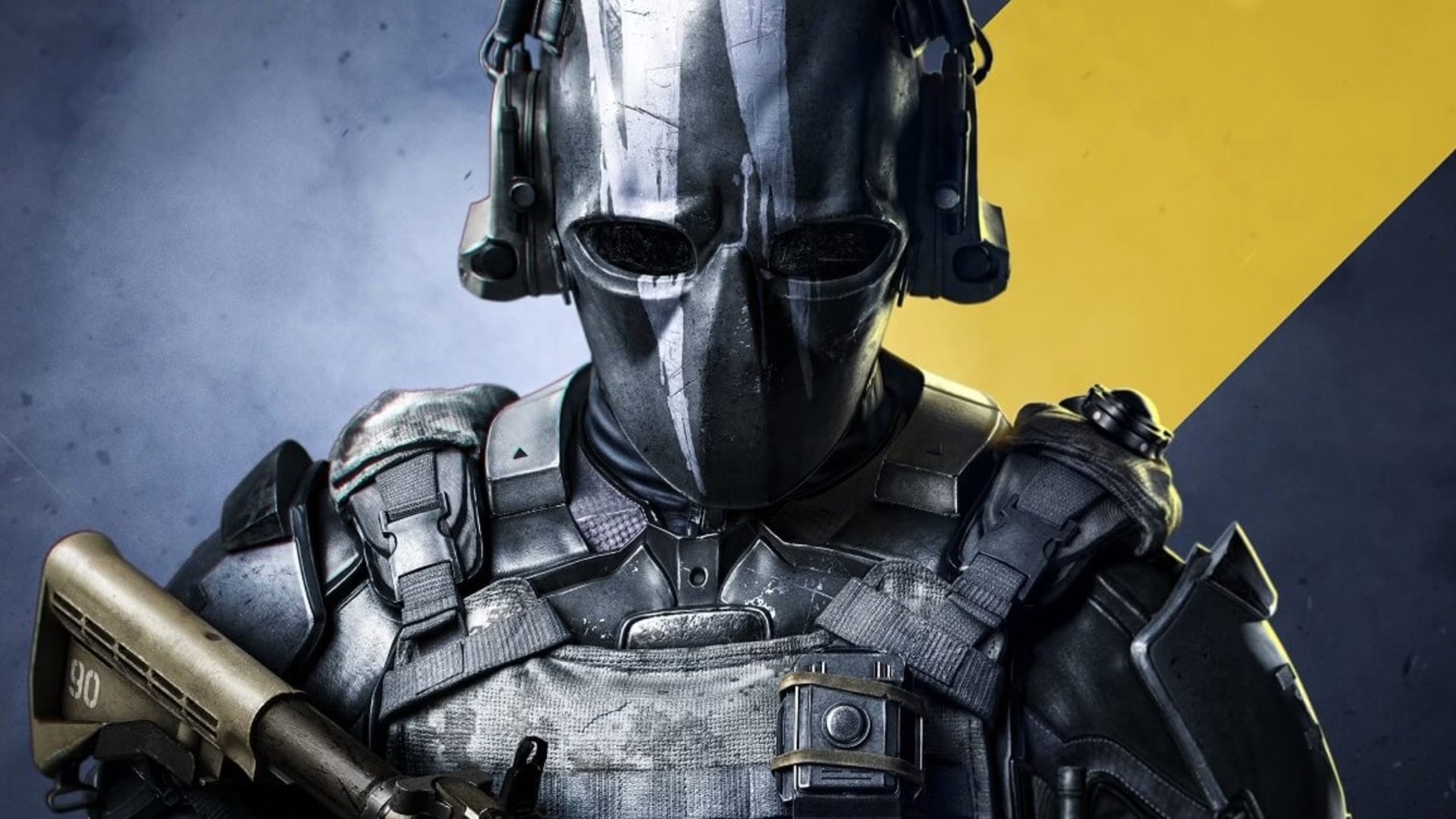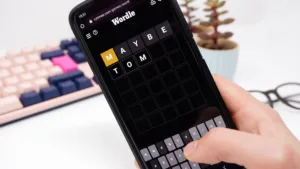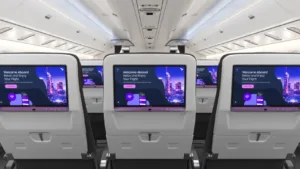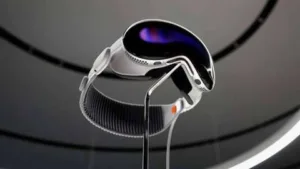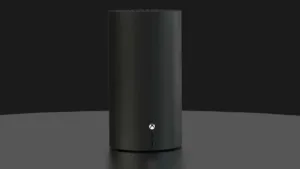Super Mario Bros. Wonder Producer Says There’s Room for 2D and 3D: ‘Everyone Should Enjoy Them Both’
Estimated reading time: 5 minutes
If you uploaded a Super Mario Maker course with cheap hidden blocks, unfair enemy placement, or just overall haphazard design, I’m sorry to say that Nintendo might have judged you for it.
During Nintendo’s Super Mario Bros. Wonder panel at GDC, legendary Nintendo developer Takashi Tezuka was discussing how Super Mario Maker gave players the ability to freely design courses under the same conditions as each other. But Tezuka admitted, “However, when we played the posted courses, and let’s keep this here, some of them were not very good.”
Aside from the added bonus of throwing shade at some Mario Maker designers out there, Tezuka’s wider point tied into how level design is the X factor that can make controls, sound, graphics, and enemies either fall flat or come alive. The Super Mario Bros. Wonder panel was home to some interesting insight about how Nintendo returned to Mario’s 2D roots to create something brand new.
Reimagining 2D Mario
Tezuka and Super Mario Bros. Wonder director Shiro Mouri kicked off the panel by discussing the long wait for a new 2D Mario game. 2012’s New Super Mario Bros. U was the last traditional sidescrolling Mario game until Wonder came along last year, and Tezuka simply said they’d just been busy making other types of sidescrolling games like Super Mario Maker and Super Mario Run: “Honestly, 11 years just went by”, he said.
But Tezuka insisted that 3D Mario games haven’t replaced 2D games, saying, “People may think that 3D Mario games have taken their place… I think everyone should enjoy them both. Do you think that’s too much to ask?” The pair discussed the difference between 2D and 3D Mario, with Mouri saying a merit of 2D games is that it’s easier to experience the game’s design as it was intended. They also added that in 2D Mario games, the developers spend as much time as possible adjusting courses until the very end of development, which is much easier to do than when developing a 3D game.
Mouri and Tezuka approached development of Super Mario Bros. Wonder with the mantra of “big changes”. As Mouri pointed out, elements of the original Super Mario Bros. like warp pipes, Super Mushrooms, and hitting blocks has become normal over time, so the team wanted to create a 2D Mario game full of new secrets and mysteries. Mouri thought, “If I’m going to change the environment anyway, I may as well go hard,” which led to the beginnings of Wonder Effects like wiggling warp pipes and singing Piranha Plants.
Nintendo developers have previously shared the collaborative nature of Super Mario Bros. Wonder’s development, and Mouri and Tezuka expanded on that during the GDC panel. “Nintendo believes everyone on the team is a game designer,” Tezuka said, explaining the brainstorming sessions to come up with different Wonder Effects. The idea for the Wonder Quiz effect came from a programmer in his first year at Nintendo, demonstrating that everyone’s ideas were on the table.
We also learned about another Wonder Effect that didn’t make the cut, where Mario would turn into a giant, 8-bit, blocky version of himself, trying to avoid getting eaten by Wonder’s new block-eating Gnawsher enemies. This was cut because it was impossible to strategically avoid enemies, resulting in an unfocused mad dash to the goal.
As for the future of 2D Mario, Tezuka said it all comes down to thinking about what will be the core of the game, and that he hopes the presentation got people interested in 2D game development.
A Kind World
The Nintendo developers also took some time to discuss Super Mario Bros. Wonder’s online multiplayer modes. Nintendo took an interesting approach to online play, where shadows of other players from around the world could help each other find secrets and reach the end of a level.
Mouri said he wanted to create online gameplay that “would make you want to say thank you” to a stranger, adding, “We help people around us when they are in trouble… When you have a team made up of people with that mindset, there’s a good chance something good will come out of it. This holds true in game development as well… For [Wonder], we wanted to create a kind world like that, where online play is where you act not for yourself, but for the people around you.”
This led to the development team settling on the theme of subtle connection, and Tezuka said this is just one solution to what online play looks like for a Mario game.
All of Nintendo’s experimentation with Wonder’s development paid off, as we called it “the true next step for 2D Mario platformers” in our review.
For more, check out the highlights from Nintendo’s Tears of the Kingdom GDC panel, where developers shared the struggles behind creating the complicated physics-based world of Hyrule.
Additional reporting by Rebekah Valentine.
Logan Plant is IGN’s Database Manager, Playlist Editor, occasional news writer, and frequent Super Ninfriendo on Nintendo Voice Chat. Find him on Twitter @LoganJPlant.


